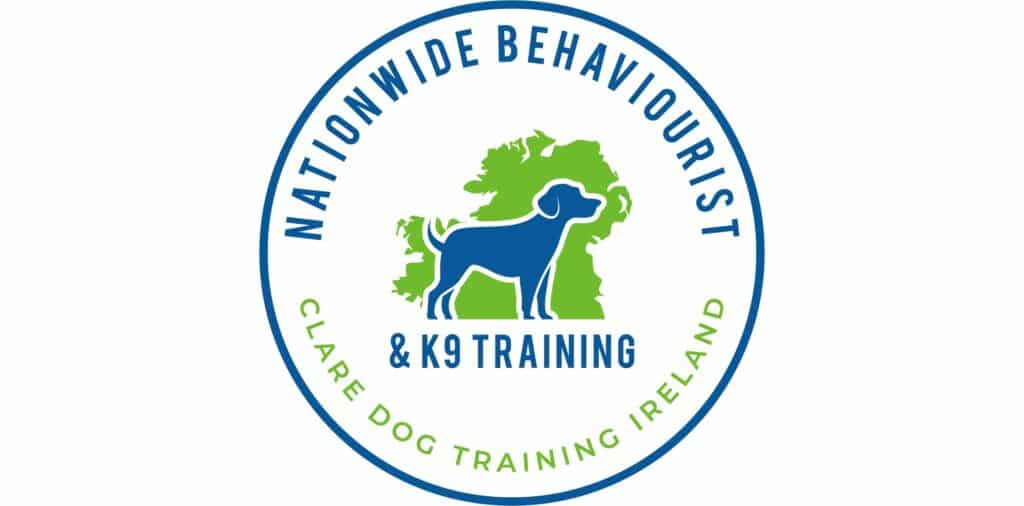High expectations in dog training often stem from an owner’s desire for immediate and flawless results from their K9 companions. This approach, while rooted in aspirations of excellence, inadvertently imposes an unrealistic burden on puppies and dogs. When owners seek the assistance of behaviourists or trainers, they often do so with the expectation that their pets will quickly transform into the idealized versions they envision. This expectation is not only unfair but also unrealistic, as it fails to acknowledge the individuality and natural behaviours of each dog.
Such high expectations demand rapid progress and perfection right from the start, disregarding the individual learning curves and emotional capacities of animals. This pressure not only sets the stage for frustration and disappointment but can also strain the bond between the dog and its owner. Expecting immediate compliance and overlooking the natural process of learning and adaptation reveals a lack of empathy and understanding towards the inherent capabilities and pace of each dog.
Conversely, adopting a low expectation mindset shifts the focus towards a more nurturing and patient approach to training. This philosophy acknowledges that every dog is unique, with its own set of strengths, weaknesses, and learning pace. Low expectations are not about setting the bar low but about setting realistic, achievable goals that align with the dog’s current abilities and psychological readiness. This approach celebrates incremental progress, understanding that every small step forward is a significant achievement in the broader context of training and relationship building. It’s about working with the dog at its current level, providing support and encouragement through a program that is not only fair and achievable but also enjoyable for both the dog and the trainer.
Emphasising low expectations in training underscores the importance of patience, consistency, and positive reinforcement. It recognizes that true success in training comes from a deep understanding of the dog’s needs, abilities, and emotional state. By allowing puppies and dogs to learn and understand at their own pace, trainers foster a supportive environment where learning is associated with positive experiences rather than pressure and stress. This compassionate approach not only facilitates more effective learning but also strengthens the bond between dogs and their owners, built on mutual respect and understanding.
In essence, high expectations in dog training, with their focus on immediate results and perfection, can be seen as a selfish imposition that fails to consider the well-being and natural abilities of the dog. In stark contrast, low expectations prioritiSe the dog’s needs, promoting a training journey that is both fulfilling and respectful of the dog’s pace and capacity for learning. This thoughtful approach ensures that training is a rewarding and positive experience, emphasing the development of a healthy, lifelong bond between dogs and their owners.
Philip Alain CIDBT GODT MPDTI
